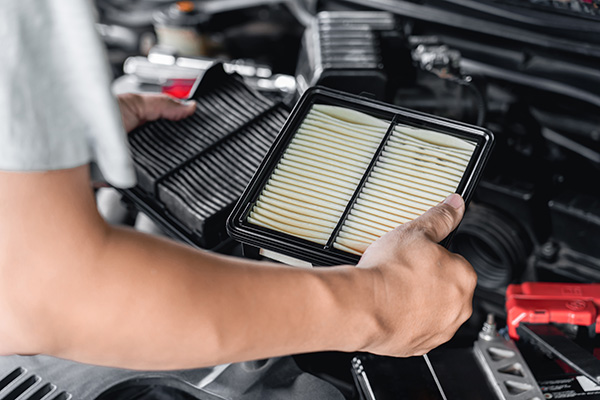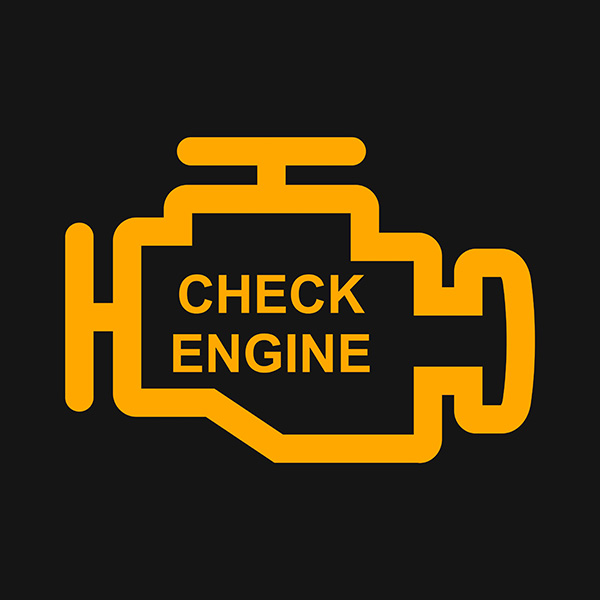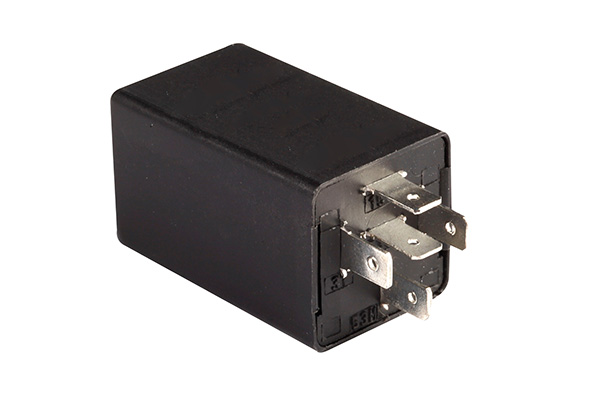Posted on 3/28/2025

As winter comes to an end and temperatures rise, many drivers in Raleigh, NC, encounter seasonal car troubles. The transition from cold weather to spring warmth can impact various vehicle components, making it an ideal time to address any lingering wear and tear from winter. Whether it's pothole damage, weak batteries, or air conditioning issues, taking care of these problems promptly helps ensure your car runs smoothly throughout the warmer months. 1. Tire and Suspension Damage from Potholes Winter weather leaves behind rough roads filled with potholes, and your car’s tires and suspension may have taken a hit. Signs of pothole-related damage include: Uneven tire wear or bulges in the sidewalls Steering that pulls to one side A rough, bumpy ride or unusual noises from the suspension If your car isn't handling as well as it should, a suspension and alignment check can prevent further wear and improve safety. 2. Battery Issues After a Cold Win ... read more
Posted on 2/28/2025

Nothing disrupts a drive quite like seeing the check engine light appear on your dashboard. It’s one of those warnings that can mean anything from a loose gas cap to a serious engine issue. Ignoring it isn’t an option, but panicking isn’t necessary either. Knowing what causes this light to come on and what steps to take can help you confidently handle the situation. What the Check Engine Light Means Your car’s check engine light is part of the onboard diagnostics system, designed to alert you when something isn’t working correctly. When the light comes on, it means the system has detected an issue that needs attention. The problem could be minor, like a faulty sensor, or more significant, like a misfiring engine. There are two types of check engine light warnings. A steady light usually signals a less urgent issue, while a flashing light indicates a more severe problem that requires immediate attention. If the light is blinking, it&rsqu ... read more
Posted on 1/31/2025

Owning a Mercedes-Benz is all about enjoying luxury, precision engineering, and performance. Following the recommended maintenance schedule is critical to keep your car running at its peak. Mercedes-Benz has a specialized system of service intervals known as Service A and Service B. But what sets these services apart, and which one does your vehicle need? Let’s clear up the confusion so you can stay on top of your car’s care. The Basics of Mercedes-Benz Service A Mercedes-Benz Service A is typically the first maintenance service your vehicle will require. It’s scheduled around the 10,000-mile mark or one year after purchase, whichever comes first. This service is all about keeping your car in top condition during the early stages of its life. Service A focuses on essential inspections and minor maintenance tasks, ensuring your vehicle o ... read more
Posted on 12/20/2024

When you think about what makes your car run, you probably focus on the engine, transmission, or maybe even the battery. But have you ever wondered how all the electrical components inside your vehicle communicate and function seamlessly? That’s where automotive relays come in. These small devices are crucial in powering everything from your headlights to your air conditioning. If you’re not familiar with how they work or why they’re important, don’t worry—you’re in the right place to learn. What Is a Relay In simple terms, a relay is an electrical switch that allows a low-power circuit to control a high-power circuit. This is particularly useful in vehicles, where a single button or control needs to activate components that require more power than the control system can handle directly. For example, when you flip on your car’s headlights, you’re not directly connecting the switch to the lights. Instead, the switch sen ... read more
Posted on 11/29/2024

Buying a used car can be an exciting yet nerve-wracking experience. With so many factors to consider, it’s easy to focus on price, model, and mileage while overlooking one important aspect—making sure the vehicle is in good condition. This is where a pre-purchase car inspection comes in. It’s not just about spotting immediate issues. It’s about the financial benefits that could save you significant money in the long run. Let’s explore why investing in a pre-purchase inspection can be one of the smartest financial decisions you make when buying a used car. 1. Avoid Expensive Repairs After Purchase One of the biggest fears when buying a used car is discovering hidden problems after you’ve already signed the paperwork. What if that funny noise turns out to be a major engine issue? Or what if the air conditioning fails right after you drive off the lot? These unexpected repairs can quickly add up and drain your savings. A pre-purchase ... read more